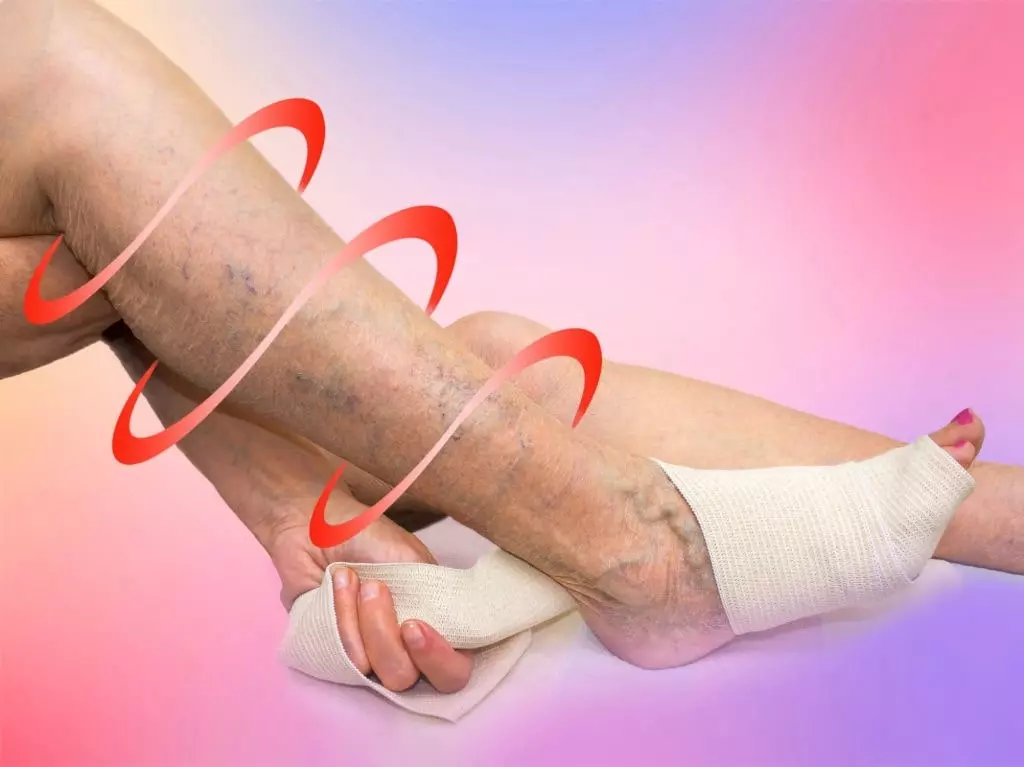Pediatrics is a branch of medicine that studies the mechanisms of development, diagnosis, methods of treatment and prevention of children diseases. The pathologies of this group are studied and dealt with by a pediatrician.
Modern pediatrics is divided into several groups: preventive, scientific, social, environmental, clinical pediatrics. The specialist in the hospital is directly involved in the latter.
When is it necessary to see a pediatrician?
PEDIATRICS is a branch of medicine dealing with Childhood illnesses and caring for healthy and sick children of any age.
The term “pediatrics” has Greek roots: pais (paidos) – child and iatreia – treatment. As the name suggests, this branch of medicine originally dealt with diseases of the early period of life and with the treatment of sick children. Currently, pediatrics covers all aspects of the life and development of children, directly or indirectly related to their health.
The main reason for the isolation of pediatrics as one of the most important branches of medicine is that a child cannot be viewed simplistically, considering him a small adult.
Treating children in case of illness and caring for them when they are healthy differ significantly from the approaches used in medicine for adults. The child is not just small, he is characterized by anatomical, physiological, emotional and immunological immaturity.
As a result, children are characterized by diseases that are rare in adults, and the course and outcome of those diseases that occur in both children and adults depend on the degree of maturity of the sick child. Moreover, since the child’s body is constantly growing and developing, disturbances in these processes lead to diseases that never occur in adults.
Neonatal period – indicates the period of birth to the full moon.
Pay attention to keep warm. Because newborns have a relatively large body surface area, they are easier to lose heat in the body, so pay special attention to low body temperatures.
Umbilical health. After birth, keep the umbilical cord clean and dry to avoid infection.
Bacterial eye infection. If you are infected by bacteria in the birth canal at birth, causing abnormal secretion of the eyes, doctors will usually give eye drops for treatment immediately to avoid serious consequences.
Natural protection of gums. The ears, nose, mouth and skin should be kept clean, but do not remove the yellow-white protrusions on the gums, because that is a normal physiological phenomenon.
Feeding. Breast milk and milk powder can be used to feed newborns, and adequate nutrition should be maintained.
Infancy ─ refers to the period of one month to one year old.
Rapid muscle development. During this period, the baby’s body functions gradually mature. nerve
Muscle The development of the system gradually makes the baby from lying to crawling, from sitting to standing, some babies have even mastered the walking skills.Coincidence. These important milestones, coupled with the gradual improvement of the baby’s vision and hearing, make them more and more curious about the external environment, triggering them to explore and explore.
Developmental indicators. The indicators to measure physical development include weight, height and head circumference. During this period, babies will receive various immunization injections to strengthen their defense against diseases.
Early childhood ── refers to the period of puberty characteristics appear to play a year old. The body is gradually developed and perfected . The children’s limbs, nerves, and muscle functions have gradually improved, and they have also begun to play with other children in the outside world, and enter the kindergarten and elementary school in turn to learn all kinds of preliminary knowledge.
Pay attention to daily health care. Common physiological problems at this time include such as poor growth and development, eating and sleeping problems, and behavioral problems. Children should start to develop the habit of participating in physical exercises so that they can promote growth and development and enhance their physical fitness; other health care includes eye care and prevention of myopia.
Baby common diseases
- Fever in children
- Pediatric Asthma
- Constipation in children
- Otitis media
- Polio
- Hernia in Children
- Chickenpox
- Vomiting
- Cerebral Palsy
- Congenital Heart Disease
- Tonsillitis
- Precocious Puberty
- Stunt Growth
- Rickets
Maneuver ︰ infant disease
. Pediatric shock







